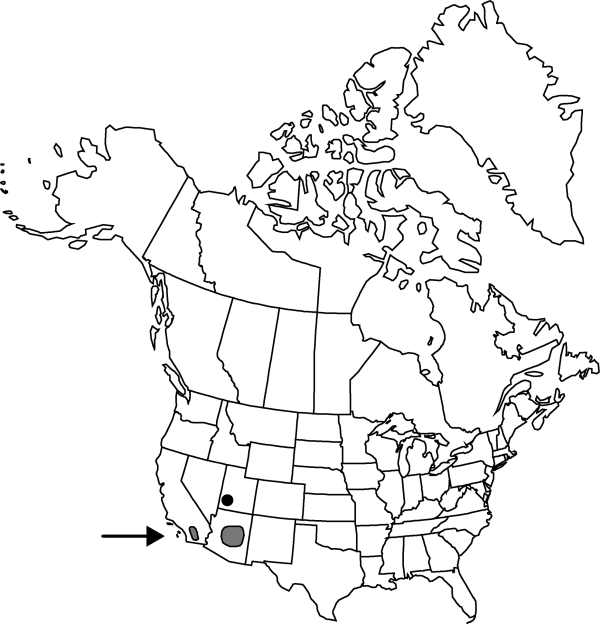Lewisia brachycalyx
Proc. Amer. Acad. Arts 7: 400. 1868.
Taproots gradually ramified distally. Stems semiprostrate to suberect, 3–8 cm. Leaves: basal leaves withering at or immediately following anthesis, ± sessile or tapered to broad petiole, blade oblanceolate, ± flattened, 3–8 cm, margins entire, apex acute to obtuse; cauline leaves absent. Inflorescences: flowers borne singly on peduncles; bracts 2, ovate to broadly lanceolate, 5–7 mm, margins entire, apex acute to acuminate. Flowers sessile, not disarticulate in fruit; sepals 2, decussate with bracts, ovate, 4–9 mm, herbaceous, margins entire, not glandular, apex acute; petals 5–9, white, sometimes with pink veins, or pinkish, obovate, 12–26 mm; stamens 9–15; stigmas 5–8. Capsules 6–9 mm. Seeds 40–50, 1.5 mm, shiny. 2n = 20.
Phenology: Flowering late spring–early summer.
Habitat: Montane meadows in sandy soil
Elevation: 1300-2400 m
Distribution

Ariz., Calif., Utah, Mexico (Baja California).
Discussion
As B. Mathew (1989b) noted, plants attributed to New Mexico probably were collected in Arizona.
Selected References
None.